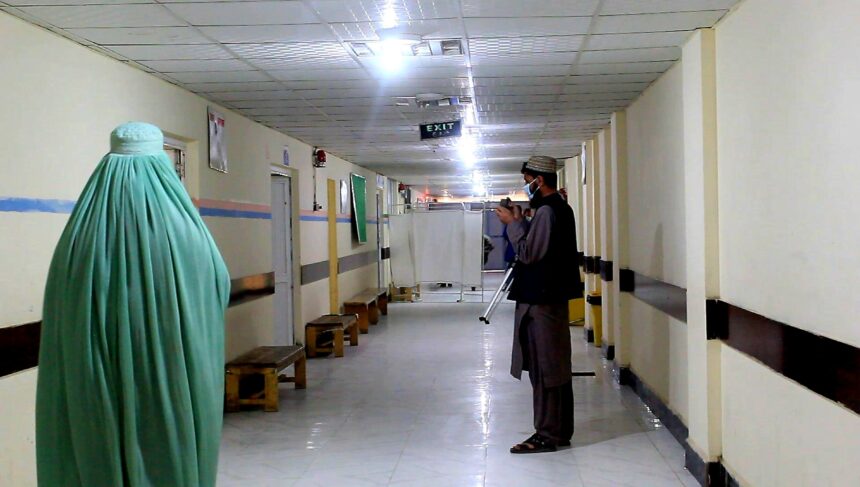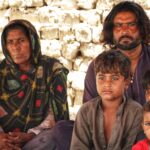Early marriage of girls remains a longstanding social problem in Afghanistan, persisting across many regions. Local authorities in Uruzgan report that, compared to other provinces, premature births have doubled, with many children born before the full term of pregnancy.
Dr. Rahmatullah Kamran, a gynecologist at Tarinkot Provincial Hospital, says nearly every day, young mothers are admitted for premature delivery. He attributes the rise in early births primarily to child marriage, poverty, lack of awareness, and the violation of women’s rights.
A specialist at the same hospital, who requested anonymity for security reasons, emphasized that underdeveloped girls face higher mortality risks during pregnancy and childbirth due to weak immune systems.
She added: “These young mothers also experience psychological stress, depression, and difficulty coping with maternal responsibilities, which can lead to domestic violence, instability, and exclusion from education and social participation. If this practice continues, it will increase maternal and infant mortality and create a larger societal crisis.”
Voices of Affected Women
Some women who married young or had their daughters married report being unaware of the responsibilities of adulthood. Zahra, who married at 15 and has experienced two premature births at Tarinkot Provincial Hospital, said she did not know how to protect her health, family, or her husband’s future. She explained: “My brother received 600,000 Afghanis to marry me to an older man. My first child died, and now my second child survives, but I never understood the responsibilities of being a woman.”
Root Causes
Civil society activists identify poverty as the primary driver of child marriage. Ahmadullah Azad, a local activist, says many poor families marry off their daughters early to alleviate financial pressure and receive payment. He added that traditional customs and cultural pressures further sustain the practice, as marriages in many rural areas are determined by social ties and exchanges rather than the girl’s age.
Similar practices persist in other Afghan provinces, where families marry off daughters at young ages due to economic hardship, social pressures, and traditional customs.
Since the Taliban takeover in 2021, local activists and health experts report a notable rise in child marriages across Uruzgan and other provinces. Restrictions on girls’ education, limited access to social services, and heightened economic pressures have contributed to families increasingly marrying off daughters at younger ages, intensifying the risks of premature births and long-term health consequences for both mothers and children.








